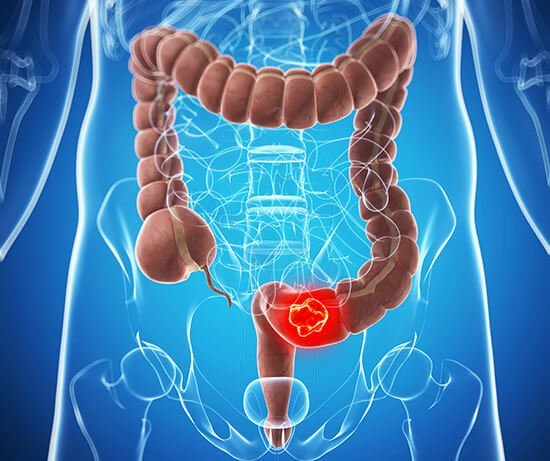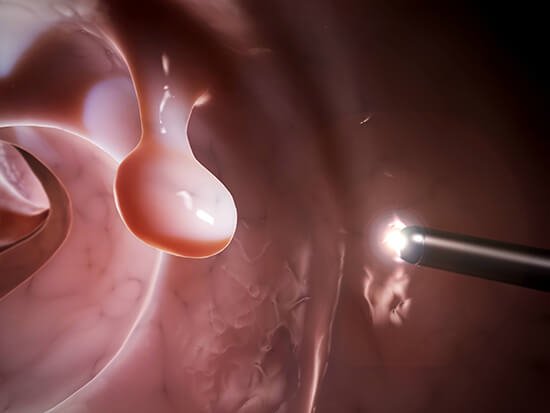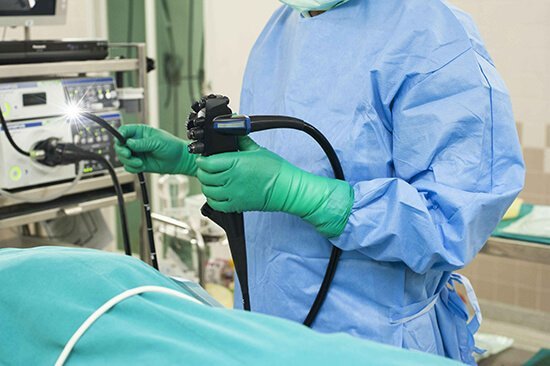How is colon cancer or colorectal cancer treated?
Treatment of colon cancer or colorectal cancer requires multimodal approach with state-of-art facilities and well-experienced team of oncologists.
The type of treatment for colon cancer depends largely on the stage of the cancer. Discuss with your oncologist about different treatment options. Generally, there are three primary treatment options: surgery, chemotherapy, and radiation, followed by supportive care. Based upon the disease condition, the oncologist will suggest the best treatment plan. Adhere to instructions from the oncologist to ensure better treatment results.
Surgical removal – Based on the diagnosis, the doctor may decide to remove the colon polyp, colon tumor and lymph node in order to control the growth and spread of cancer. Surgical procedures may also involve the placement of stent to avoid blockade of colon due to cancer.
Your doctor will guide you to choose the best from the available surgical procedures. With advances in cancer therapy and surgery, Yashoda Hospitals performs laproscopy and minimally invasive procedures, colectomy or diverting colostomy so you have better chances at faster recovery.
In case you undergo a surgery to remove tumors and lymph nodes, you will be put on adjuvant chemotherapy to support your body to remove any residue of cancer.
Chemotherapy – It is medicinal therapy for cancer. The doctor will prescribe medicines as soon as the cancer looks abnormal. Other factors that go into deciding on the chemotherapy include – your age, health requirements, and radiation therapy.
In advanced cancer, chemotherapy is necessary with or without surgery. There are chances you may receive chemotherapy before a planned surgery, it is called neoadjuvant chemotherapy.
Radiation therapy – For colon cancer, radiation therapy is not commonly used. However, doctor may recommend radiation therapy –
- After surgery to kill remaining colon cancer cells attached to lining of the abdomen.
- In rectal cancer, radiation therapy is recommended along with chemotherapy, before or after surgery.
- For candidates who cannot undergo surgery.
- To prevent metastasisor spread of cancer.
Other treatment options include ablation, embolization, hepatic artery infusion. They are used when the tumor has spread to liver.








 Appointment
Appointment WhatsApp
WhatsApp Call
Call More
More